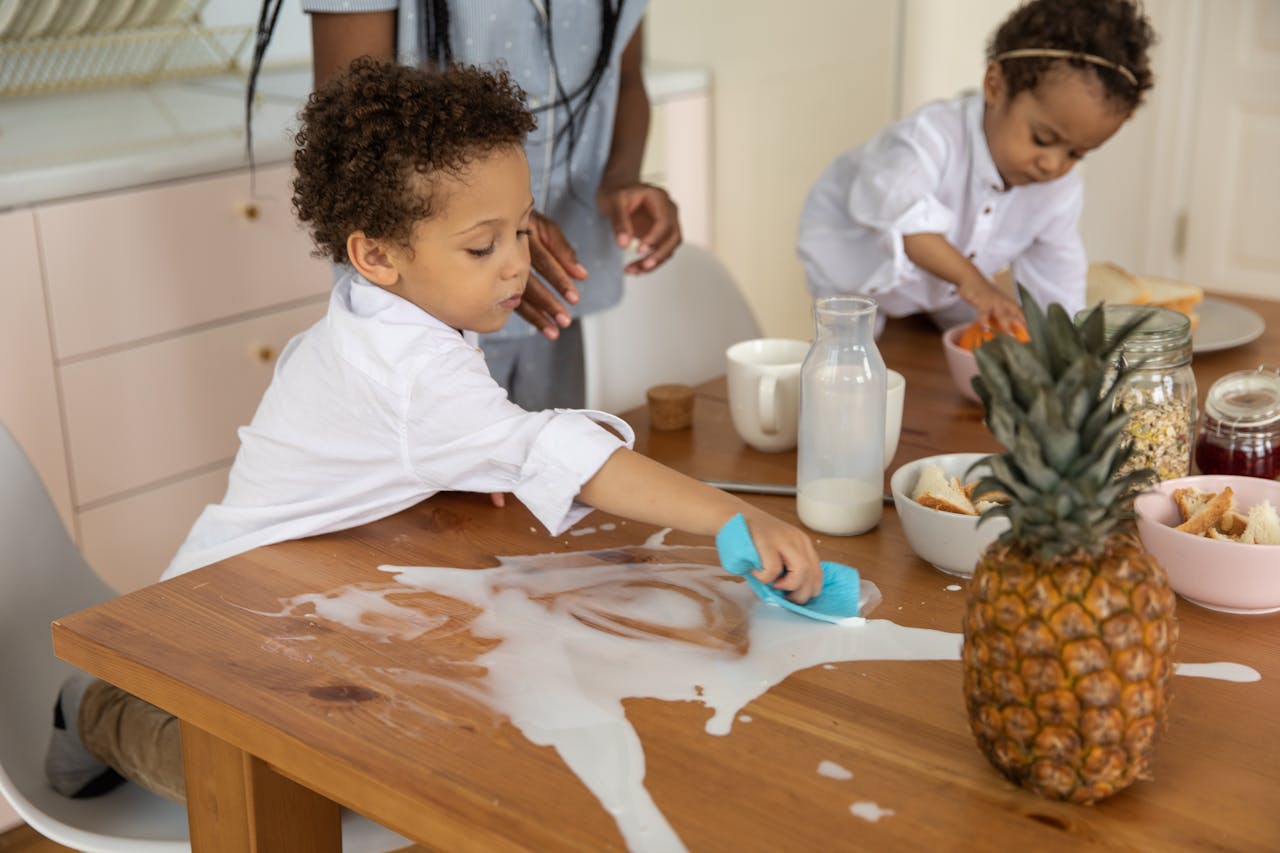
In the midst of universities moving online due to COVID-19, your college student is packing up more than just a few suitcases. As they transition back home, they’re almost certainly lugging with them a host of emotions.
You’ve likely seen these emotions sprawled all over your home. Sadness and grief piled high. Some relief that their school finally made a decision about whether students should stay or go. And a thick layer of exhaustion as they are adjusting their calendars, managing friendships, and living with “the parents” again.
Some college students bring home additional burdens. Seniors carry extra disappointment that their last year ended abruptly, without any fanfare or closure. Frantic departures and complicated reentries from study-abroad programs may have raised fears to panic-level. Many are burdened by the uncertainty of what this disruption means for their summer internships, travel plans, and even long-term job prospects.
Dealing with the emotions
If you’re a parent of a back-at-home college student, you’re riding your own emotional roller coaster. You were initially pleased that they landed again under your roof—where they felt safer and you could double-check (slyly, hopefully without them knowing) they were following all COVID-19 prevention protocols.
But the challenges and tensions of being home for (potentially) five or six months are starting to settle in. You’re smart enough to know you can’t treat them like high schoolers again. Nor do they feel like adult guests who stay just long enough but not too long.
This is different. This is new territory for them and for you.
Learning to pivot
The great news is that new territory offers the potential for new discoveries and opportunities. The challenge is that those insights don’t just happen on their own. You need to be ready and proactive. You need a parenting posture that balances this dual reality: they are adulting and learning to spread their wings, while COVID-19 has grounded you all in a fairly small nest.
My colleague, Steve Argue, and I call this style of parenting “growing with,” meaning “a mutual journey of intentional growth for both parents and our children that trusts God to transform us all.”
So parents of collegians (and I’m looking in the mirror here), we have to pivot.
Your young adult doesn’t want to hear how they could do their laundry more efficiently or drink more water to boost their immune system. Nor do they want your input on whether it’s prudent to stay in their pajamas all day.
In this season when so much feels upended, we need to treat them like independent adults and grant as much autonomy as possible—despite the confines of shared living spaces.
Less advice, more questions
Based on our research as well as my own experience, here’s the biggest parenting advice I’m trying to follow in this COVID-19 era: Stop giving advice, and start asking empathetic questions.
With the right question, you can open the door to real conversation, not resentment.
Instead of giving them tips on when to focus on their homework, try saying: I’m sure it’s not the same doing school online as it is in-person. What’s your plan for staying on top of your work?
(Bonus tip for parents of emerging adults: “What’s your plan?” is a great question suggested by adolescent specialist Christine Carter that puts the ball in your young person’s court—where it should be—while simultaneously giving you a sense for whether they’re on top of areas you’re concerned about.)
When you’re short on separate rooms that allow you each to do class and meetings online, refrain from insisting that your needs come first because “you’re the one getting paid.” Instead, try explaining: I know we all have real needs to go online. How can we come up with a schedule that lets all of us accomplish what we have to this week?
When you notice they’re sad about the restrictions keeping them from friends and fun, rather than convincing them they should be grateful that they have a place to come home to, share: I miss my friends and freedom also. What can we do here at home to make this experience better for you?
Instead of trying to talk them into spending quality time with you and their siblings, try asking, I want you to get all the personal time you need. And is there some way we could learn something, watch something, or serve others together?
It takes discipline to bite your tongue, and a few moments to come up with a good question. But that time and effort will pay off in less conflict and better communication, and maybe even family relationships that grow with each other long after our social distancing ends.
If you need any more resources to dealing with your college student or young adult, please visit the Fuller Youth Institute.




